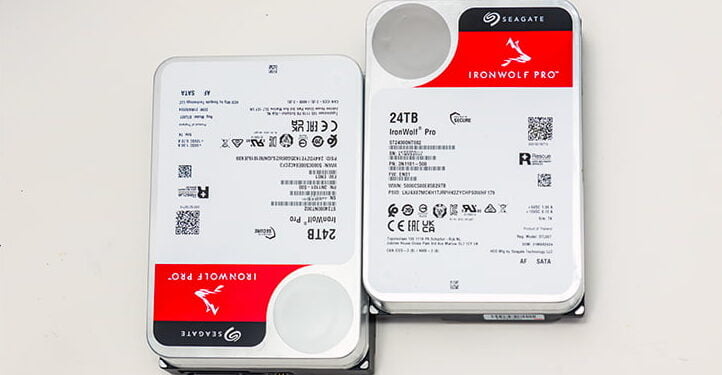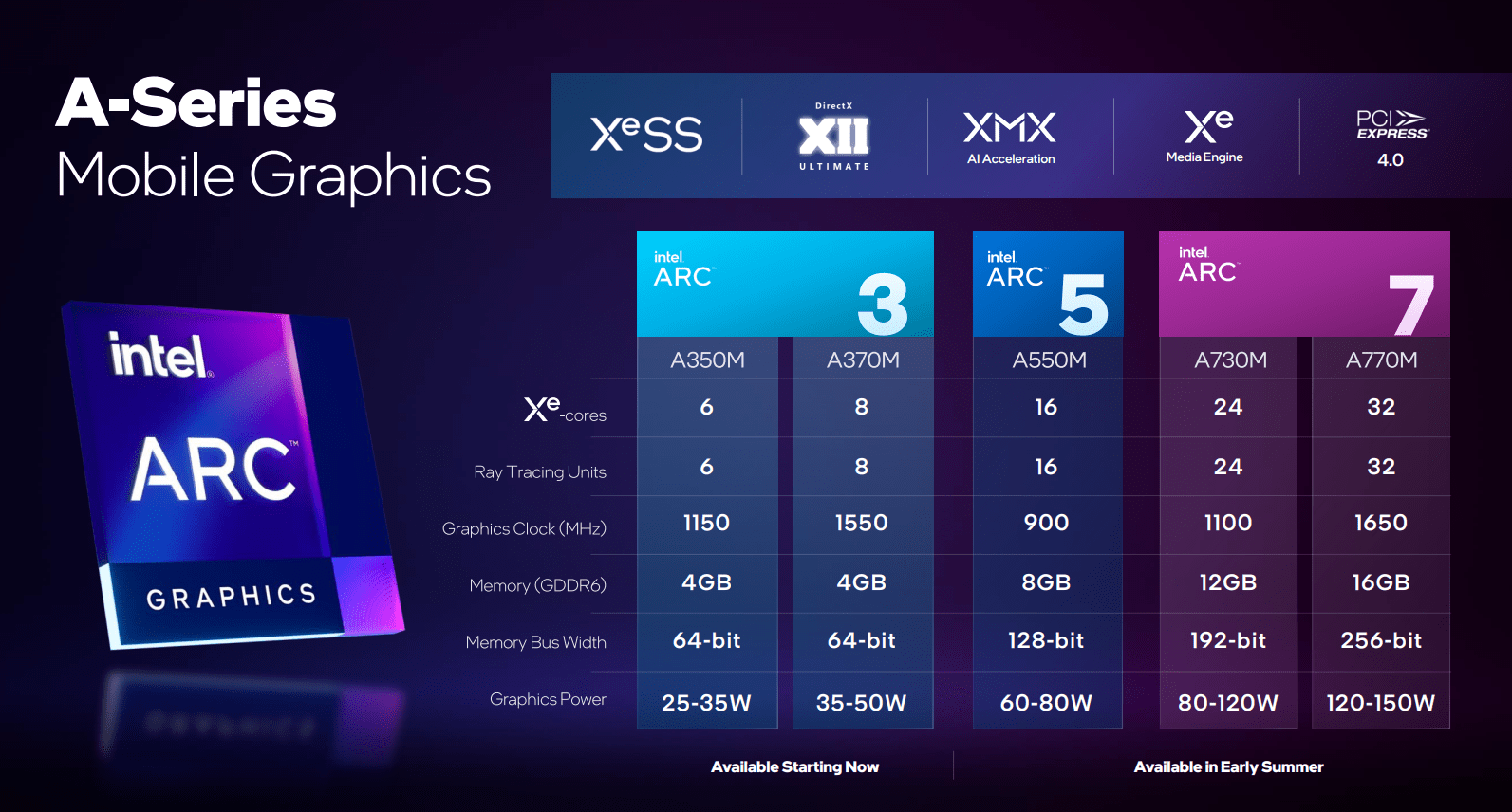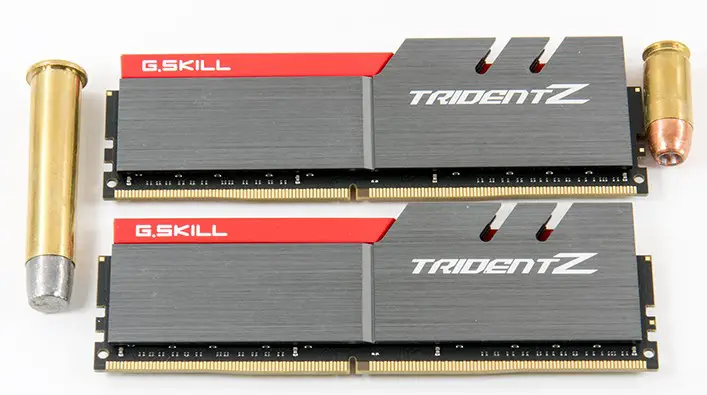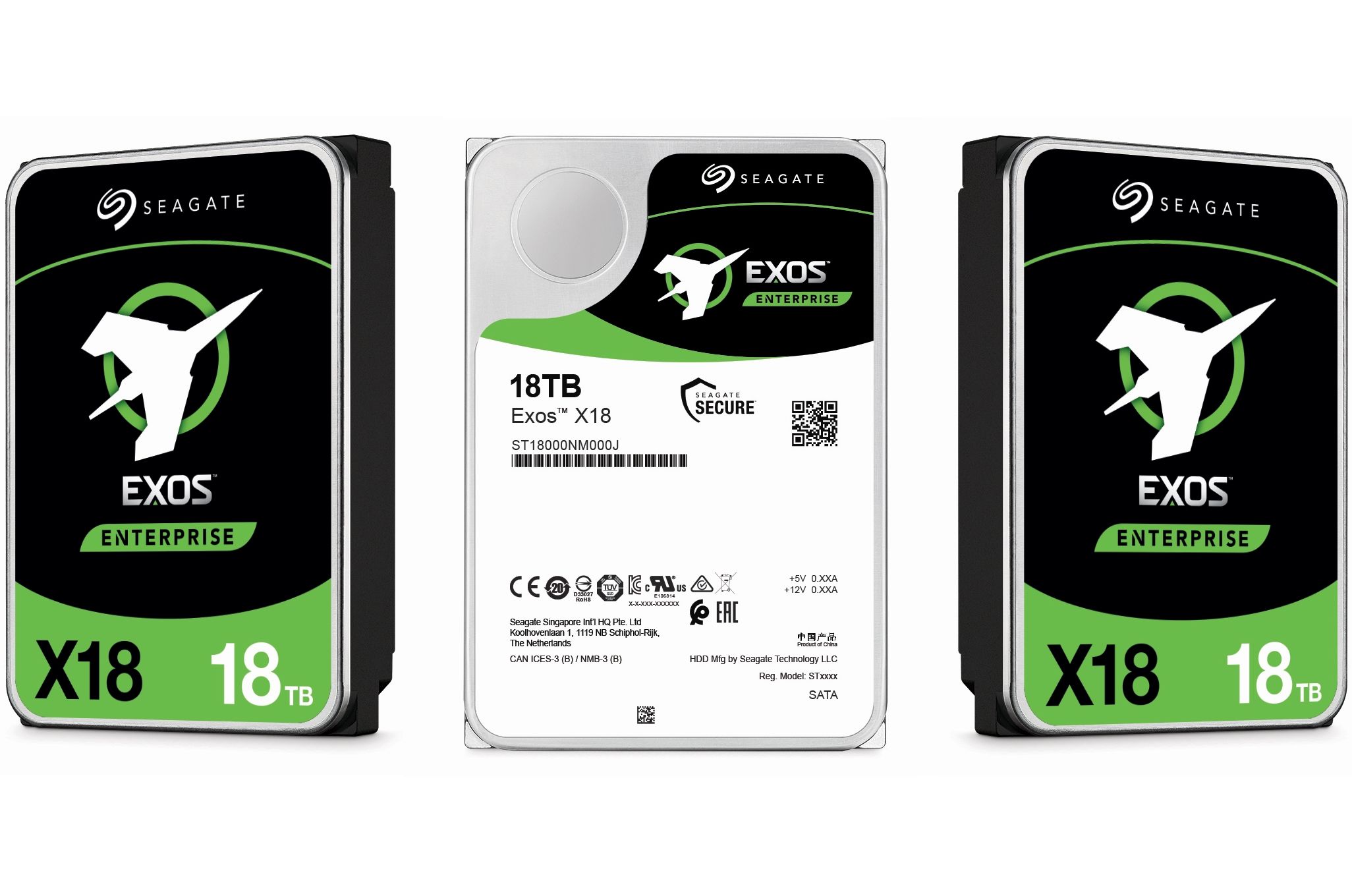Final Score: 92% / 92 out of 100
As we made mention multiple times in the Exos X24 24TB review, firmware is now the most blatantly obvious difference between the modern IronWolf Pro and Exos X series. Even then few will ever notice a big enough difference between the two models outside of true Enterprise environments. Both models are just that fast, stay fast that long, and generally speaking are just that good. These improvements mean that the 24TB generation of the IronWolf Pro series will be more than up to meeting the demands of a SOHO server, Small (and maybe even Medium) Business servers, and be excellent choices for home users. So if you fall into any of these categories rest assured the IronWolf Pro 24TB is a safe, reliable, choice.
Such a blanker statement was not always the case. Not that long ago the large NAS grade IronWolf Pro’s were not made to (nearly) the same exacting standard as the Enterprise grade Exos X series. That is why they came with lower Total Drive Write ratings and quite honestly if you stuck say an IronWolf X16 in the same environment as what the Exos X16 thrive in you were going to have a bad day. A bad day where the Total Cost of Ownership quickly balloons out of control. Instead of such extreme scenarios the older ‘Wolf Pro models were designed to be excellent at SO/HO, NAS and small business environments… and with their lower asking price were ‘no brainers’ for home users who do not stress their Data or Game drive anywhere close to what even an entry level, 8 bay NAS 8 appliance does.
That all remains true for this new breed of IronWolf Pro’s, but Seagate then upped the ante and made them be at least able to whistle the Enterprise tune. Yes. This new generation of ‘wolf Pros are still not going to be optimal for mega-sized build outs, but they certainly will do a lot better than the older models… and everything below such extreme scenarios as 90 drives in a single 4U server they will be decent (48 bay) to very good choice (anything below 48 drives in one 4U chassis). So much so that maybe edge cases like slightly better write vs. slightly better read will tip the scales in one direction over the other. Alternatively, maybe the fact that Exos X has better data retention and security (aka Super-Parity firmware) will tip it the other way. Maybe even just the fact that IronWolf Pro comes with three years of free Data Recovery and interact better with most NAS appliance’s OS better than the Exos X will make the difference. It really will come down to a case by case judgement call in such niche, edge cases.
No matter what choice you make, it is typically going to be hard to make a bad decision when opting for one over the other. Put bluntly, by Seagate focusing in on only a couple models and EOLing the rest the surviving models are now built to an even higher standard than ever before. In the case of the IronWolf Pro this means what once was a good and solid performer is now an excellent, reliable option for a wide range of scenarios. So unless you are buying for a Data Center the IronWolf Pro should be on your short list and deserve serious consideration before just reaching for the Exos X series. They may just surprise you… especially if you can find them on sale for noticeably less than what the Exos X24 (rightfully) demands.


The Review
Seagate IronWolf Pro 24TB
Choosing between the Seagate IronWolf Pro and the Exos X series is tough to go wrong. Seagate's focus on fewer models has improved their quality, making the IronWolf Pro an excellent and reliable choice for many uses. Unless you're buying for a data center, the IronWolf Pro should be a top contender, especially if it's on sale for less than the Exos X24.










